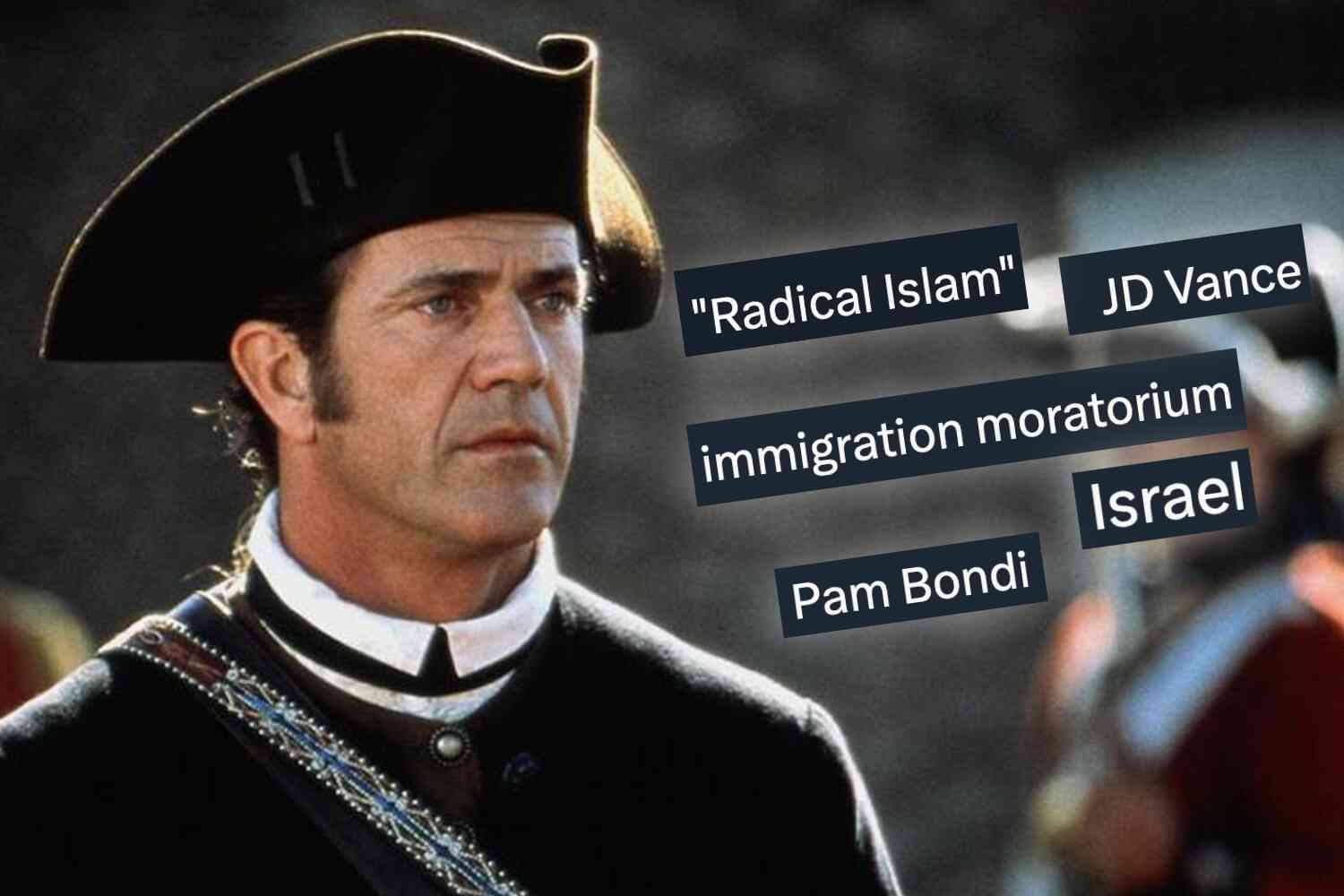While I fully understand that we have moved into an era where words have no meaning – a time when boy can mean girl, and antiracism can mean racism – there was always this flickering hope I held that the insanity would be confined to the left side of modern society.
Perhaps it was too naïve of me to think that those bearing the name of "conservative" would actually be willing to put up a long and arduous struggle before succumbing to the anti-logic that rules the day. But I still thought it.
Obviously, no manmade political theory or ideology will be permanently impervious to the philosophical effects of the fall. Outside of those who have been redeemed by the blood of the Lamb and whose minds have been transformed by His, there is a way that seems right unto a man – one that ends in calamity, confusion, and despair – that he will eventually pursue. And if there remains any question as to whether the larger ideological movement known as conservatism in America has arrived at this painful crossroad, it is only because the questioner bears a reluctance to acknowledge the obvious.
Back in 2017, I stood slack-jawed watching far too many professing conservatives defend the boneheaded remarks of Tomi Lahren, the fast-talking, shallow-thinking talk show host then from conservative network TheBlaze. Lahren went on The View to declare that being "pro-choice" on the issue of abortion was actually a "conservative" value. "You know what? I'm for limited government, so stay out of my guns, and you can stay out of my body as well," Lahren infamously said.
But that's not a conservative value. Unless conservatism has no real meaning and is pliable to whatever fad you want to apply it to. The great conservatives have always understood that the intrinsic worth of the individual was the foundation point of all we believe and espouse. Without the right to life, there is no liberty and there is no happiness to pursue.
Fast-forward to this year and note the recent uproar about Charlie Kirk's Turning Point USA organization booting hardcore porn star "Brandi Love" from their youth conference. Conservative publisher Ben Domenech of The Federalist was disappointed with the decision.
She's a "conservative" businesswoman? Or a "Republican" businesswoman? There's a difference, and I think that is the heart of the issue here. After Caitlyn Jenner was rudely stalked and harassed at a CPAC event in Texas, the former Olympian had a Twitter exchange with the aforementioned Tomi Lahren that looked like this:
Jenner is right to say that the objective of the Republican Party is to be a "big tent" that welcomes in people of varying ideologies in order to win elections and gain power. That's the purpose and function of a political party. But that is entirely different than the purpose and function of an ideological movement that exists around core, non-negotiable principles. The movement advocates for those principles, seeking to show others the efficacy and worth of those ideas.
When it comes to the conservative ideology, we understand that sex and gender are meaningful and important God-given distinctions, and there are serious ramifications associated with any societal effort to blur or erase those lines. That's why Caitlyn Jenner's public persona is antithetical to conservatism.
Further, while there is certainly nothing anti-conservative about having an individual who makes poor life choices attend a TPUSA event, the idea that a conservative youth event should welcome and promote a hardcore porn star walking around with a VIP badge, making public appearances, doing public interviews, and very much advertising her "business" is silly. Liz Wheeler said it best:
From a political standpoint, none of this means that conservatives can't pragmatically ally themselves with libertarians or populists during election season if they feel as though it is the best way to transmit their values into public policy. That's what many did in both 2016 and 2020 when they voted for Donald Trump.
But for the sake of the supremacy of their values, conservatives should fiercely and unapologetically define the boundaries of conservative thought, articulate how it differs from libertarianism and populism, and why for the preservation and permanence of free institutions and civil society, it is much better than both.
Disclaimer: The opinions expressed in this article are those of the author and do not necessarily reflect the opinions of Not the Bee or any of its affiliates.









